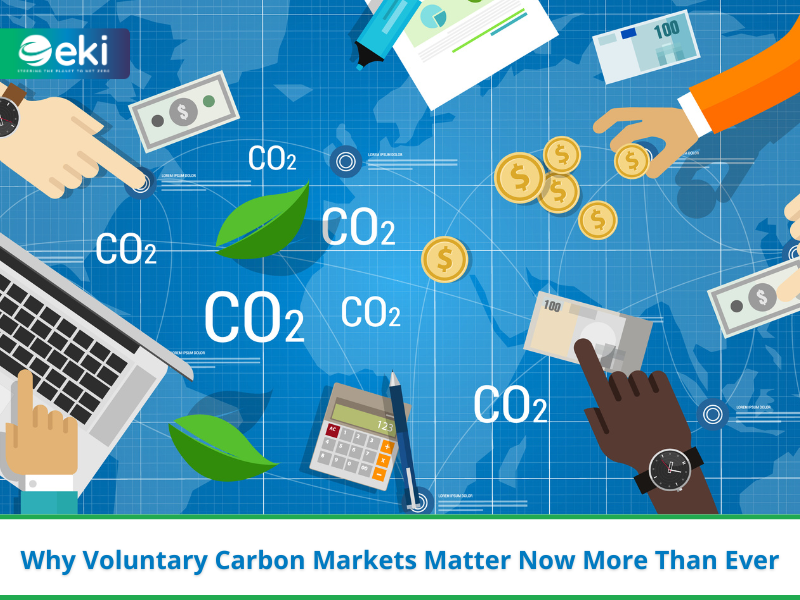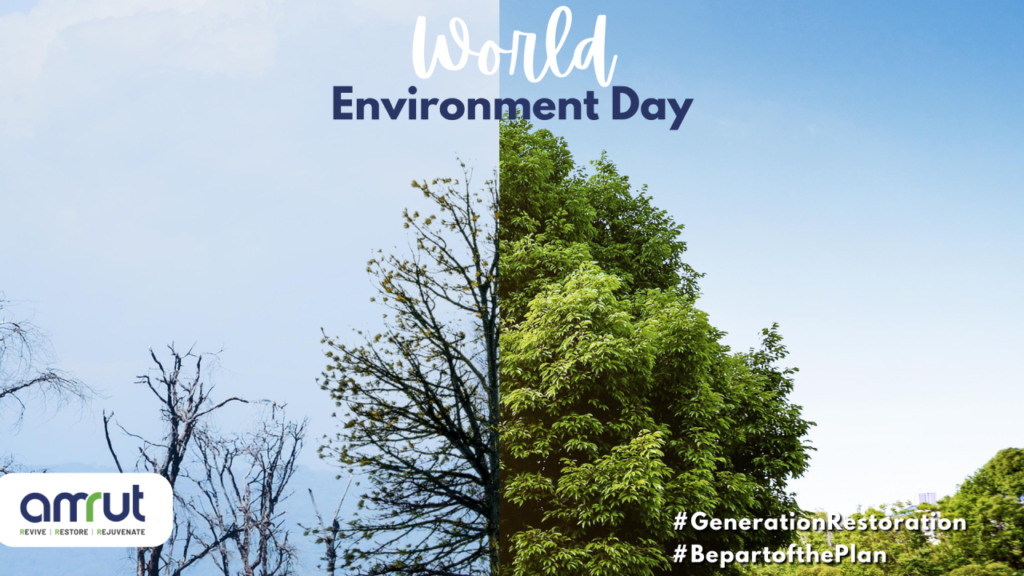In an era characterized by heightened environmental consciousness and the pressing imperative to combat climate change, the exploration and integration of low carbon energies have taken center stage. These groundbreaking energy solutions stand as vital alternatives to conventional fossil fuels, providing a sustainable pathway towards mitigating harmful greenhouse gas emissions.
By embracing low carbon energies, we not only address immediate environmental challenges but also pave the way for a more sustainable and resilient energy infrastructure. Here we focus on low carbon energies, discussing their significance, delineating their manifold benefits, and exploring their transformative potential in shaping the trajectory of global energy production and consumption.
Low carbon energies constitute a broad spectrum of renewable and sustainable energy sources designed to minimize carbon dioxide (CO2) emissions during production. These innovative energy solutions stand in stark contrast to traditional fossil fuels like coal, oil, and natural gas, which emit substantial amounts of CO2 when combusted. Instead, low carbon energies leverage renewable resources such as sunlight, wind, water, and biomass, or utilize advanced technologies to reduce environmental impact and combat climate change.
By harnessing the power of renewable resources and embracing cutting-edge technologies, low carbon energies play a crucial role in mitigating greenhouse gas emissions and fostering a more sustainable energy landscape. This transition away from fossil fuels towards low carbon energies represents a vital step towards achieving global climate goals and ensuring a cleaner, greener future for generations to come.
Renewable Energy Sources
Renewable energy sources, including solar, wind, hydroelectric, and geothermal power, stand out as key pillars of low carbon energy production. Solar energy, harvested through photovoltaic (PV) panels or concentrated solar power (CSP) systems, utilizes sunlight to generate electricity without emitting greenhouse gases. Solar power has emerged as a prominent contributor to the renewable energy mix, with rapid expansion in regions abundant in sunlight. Its installations span residential rooftops, utility-scale solar farms, and community-based initiatives, diversifying energy sources and reducing global carbon emissions.
Wind power, utilizing onshore and offshore turbines, similarly expands renewable energy capacity, displacing fossil fuel generation. Advancements in wind turbine technology bolster wind power’s position, reinforcing its role as a leading renewable energy source with minimal environmental impact. Wind turbines harness the kinetic energy of wind to produce clean, renewable electricity, offering scalable and environmentally friendly alternatives to conventional power generation methods.
Similarly, other sources of renewable energy are also gaining prominence in the options of low-carbon energies.
Biomass and Bioenergy
Biomass and bioenergy technologies utilize organic materials such as agricultural residues, forestry waste, and dedicated energy crops to produce heat, electricity, or biofuels. Biomass combustion, biogas production through anaerobic digestion, and biofuel production from plant-derived feedstocks contribute to low carbon energy solutions by utilizing renewable resources and reducing reliance on fossil fuels.
Currently, biofuels emit only slightly more than 50% additional CO2e compared to their fossil fuel counterparts throughout their life cycle. This makes them a viable option for reducing carbon emissions from liquid fuels. Despite strong demand and profitability in the market, limited access to raw materials impedes further growth in this sector.
Nuclear Power
Nuclear power, while controversial due to concerns about safety and radioactive waste disposal, is known to be a low carbon energy source due to its minimal greenhouse gas emissions during electricity generation. Nuclear fission reactions release significant amounts of energy, which can be harnessed to produce electricity without emitting CO2, offering a reliable and low carbon alternative to fossil fuel-based power plants.
Hydrogen
Hydrogen is increasingly recognized as a promising low carbon energy carrier with the potential to revolutionize various sectors, including transportation, industry, and power generation. As the most abundant element in the universe, hydrogen offers a clean and versatile energy source when produced using renewable or low carbon methods. Traditionally, hydrogen has been primarily derived from fossil fuels through processes such as steam methane reforming, which emit carbon dioxide (CO2) as a byproduct. However, advancements in electrolysis, where water is split into hydrogen and oxygen using renewable electricity, have enabled the production of “green hydrogen” with zero emissions. Additionally, “blue hydrogen” produced from fossil fuels with carbon capture and storage (CCS) technology also offers a lower carbon alternative.
Challenges remain in scaling up hydrogen production, distribution, and infrastructure, as well as reducing costs to make hydrogen competitive with conventional fuels. Policy support, technological innovation, and public-private collaboration will be essential in realizing the full potential of hydrogen as a low carbon energy solution and accelerating the transition towards a sustainable and resilient energy future.
Synthetic Fuels
Synthetic fuels represent an innovative approach to low carbon energy that holds promise in addressing the challenges of decarbonizing sectors that are difficult to electrify, such as aviation, shipping, and heavy industry. These fuels are produced through a process known as power-to-liquid (PtL) or power-to-x (PtX), where renewable electricity is used to convert carbon dioxide (CO2) and water into liquid or gaseous hydrocarbons.
One of the key advantages of synthetic fuels is their compatibility with existing infrastructure and internal combustion engines, making them a potential drop-in replacement for conventional fossil fuels without requiring significant modifications. Synthetic fuels can be produced using electrolysis and subsequent chemical processes such as Fischer-Tropsch synthesis or methanation.
Challenges and Opportunities
Intermittency and variability of renewable energy sources, high upfront costs of clean energy technologies, and regulatory and policy barriers that favor fossil fuel-based energy systems are some of the major challenges in the low carbon energy sector.
However, advancements in technology, supportive policies, and international cooperation present opportunities for overcoming these challenges and accelerating the transition towards low carbon energy solutions.
Low carbon energies represent a critical pathway towards achieving global sustainability and addressing the challenges of climate change. By harnessing the power of renewable resources, innovative technologies, and energy efficiency measures, societies can pave the way for a cleaner, greener, and more sustainable future. Embracing the transition to low carbon energies requires collective action, collaboration between stakeholders, and a commitment to prioritizing environmental stewardship and sustainable development.










